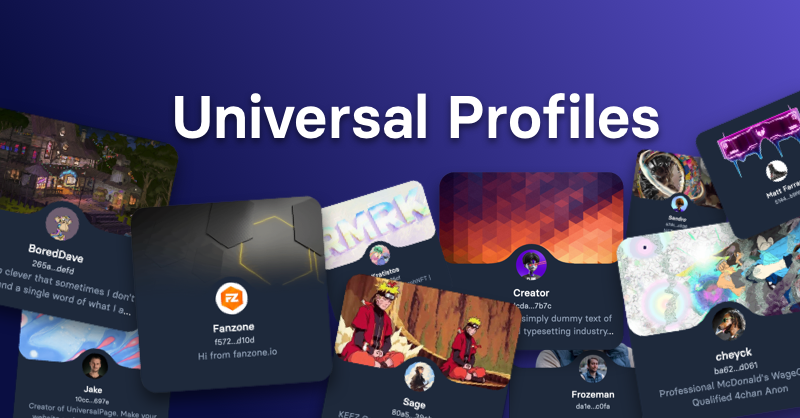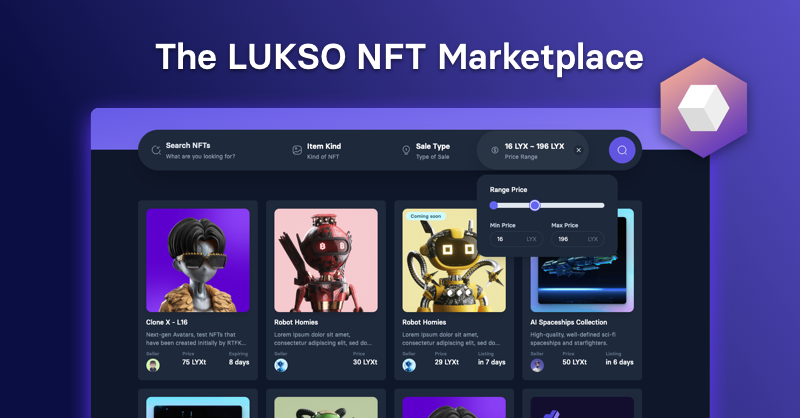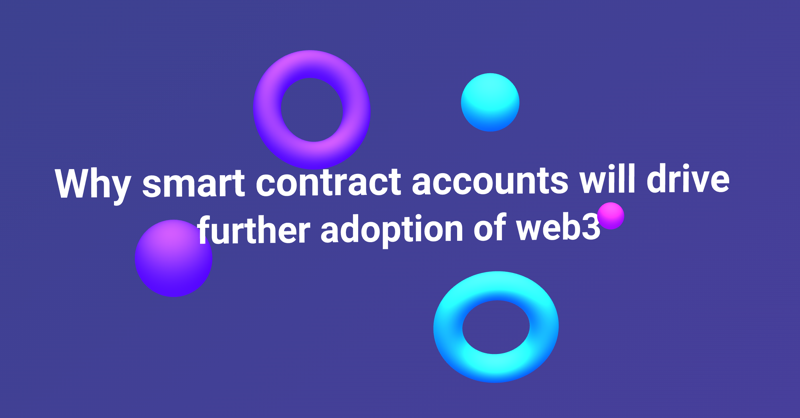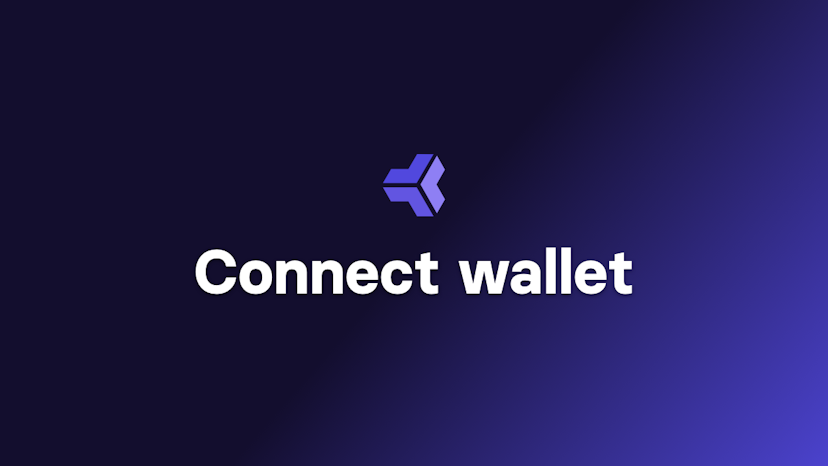What are Universal Profiles?
Universal Profiles in simple terms.

Think of Universal Profiles as personal accounts that live on the blockchain; similar in a way to how we have social media profiles. These profiles belong entirely to the users who created them (aka you).
What's unique about them is, not only can you interact with different applications through these profiles, but you can also store digital assets, like NFTs or tokens, on them.
Imagine having a profile that serves as your secure identity on the blockchain, making the use of this technology much simpler and more convenient.
Now, let's get into a couple of details but without the jargon:
- Core account contract: This is like the backbone of your Universal Profile. It allows you to interact with any other account or part of the blockchain, stores data, and verifies if messages were actually signed by you, the account's owner.
- Security officer: It double-checks if the parties trying to interact with your account have the right to. It can execute transactions when you give direct orders or when parties you gave permission to send signed messages.
- Asset handler: This is an assistant of sorts for your account, deciding how to manage incoming assets. It can reject certain assets or add special logic for processing the asset.
- Profile Features: These give your Universal Profile its unique characteristics, like your profile picture and bio. Think of it as customizing your social media profile.
What makes Universal Profiles really stand out is their focus on providing a safe, coherent, and user-friendly experience for anyone interacting with the blockchain. They offer flexibility and can be updated, meaning changes or improvements can be made without affecting the overall structure of the profile.
Moreover, they provide security measures like user-friendly backup systems and multiple account recovery methods. Plus, they help creators, companies, and individuals build their on-chain reputation, a reputation that's much harder to fake thanks to on-chain references.
Hopefully, this gives you a better understanding of Universal Profiles! If you want to learn more, check out our page about Universal Profiles.

Now live on L16: The open LUKSO NFT marketplace
Discover, collect, and sell NFTs 2.0 on the open LUKSO NFT marketplace. Create your own customized NFT storefront and sell directly to your audience.

Why smart contract-based accounts will drive further adoption of Web3
Web3 has two problems holding back further adoption: onboarding and user experience.

Connect wallet vs Sign-in with Universal Profile
Getting paid in LYX will be super easy when you own a Universal Page. Simply enable the "Pay Button" and share the link to your page.